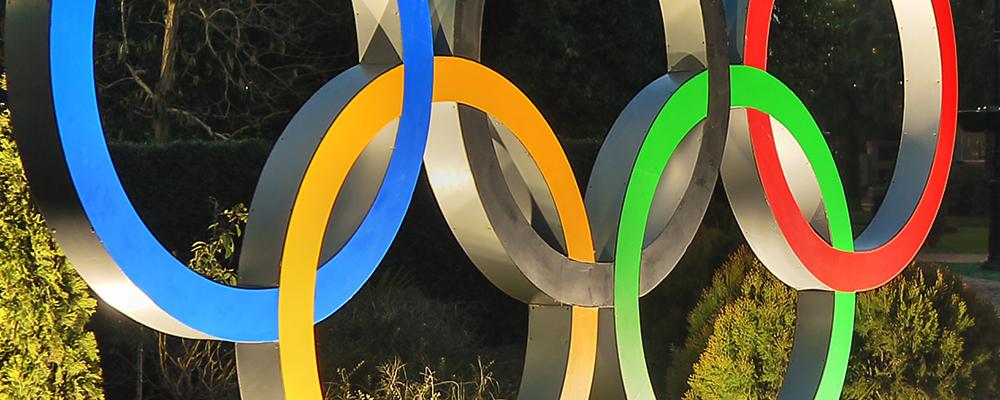The 2014 Winter Olympics in Sochi are only days away and they have been causing a lot of buzz in the social media world. We now know which twitter accounts to follow to stay informed and entertained during the games, how dogecoins paid for the Jamaican Olympic bobsled team to participate in the games and how gay rights activists see insult and opportunity there.
The Olympic games have been tied to anti-gay laws in Russia. Over the last two weeks, McDonald’s, Coca-Cola and other big advertisers are having to fend off gay rights activists who have stolen their Olympic promotions on social media, specifically on Twitter using hashtags. “Hashtag hijacking” is taking over a hashtag that a company is promoting and using it in ways that the original tweeter did not intend for it to be used. Hijacked hashtags often remain quiet, but there are cases in which a hashtag takes on a life of its own and spreads like wildfire.
The most recent case of hashtag hijacking involved McDonald’s on January 21 when the company introduced the hashtag, #CheersToSochi. The tweet read:
We’re kicking off a way to send your well wishes to any Olympian today. Are you ready to send your #CheersToSochi? http://t.co/bummGWYowj
— McDonald’s (@McDonalds) January 21, 2014
Activists who have been protesting a federal law in Russia against “homosexual propaganda” started using the hashtag for their own purposes.
Hey, @McDonalds: You’re sending #CheersToSochi while goons wearing Olympic uniforms assault LGBT people. http://t.co/UNWjWEKcKg
— Dan Savage (@fakedansavage) January 21, 2014
Shame on @McDonalds sending #CheersToSochi while gay activists are attacked by Olympic officials. Outrageous! http://t.co/hYz2ZOLV4l
— Mike Signorile (@MSignorile) January 21, 2014
Brands usually spend millions to promote their hashtags through various channels. The most successful implementations however, are from companies that have made sure to cover all their bases before taking the leap. Here are a few tips to help avoid the worst case scenario, and to keep your hashtag campaign on the right track.
1. Consider What Could Go Wrong
Don’t assume your campaign will bring out the best in humanity. Take some time to consider every single way the hashtag could be twisted into something inappropriate, critical or even damaging. It was probably not apparent to McDonalds that their hashtag would be taken over by LGBT protesters or that the hashtag could be used as sarcasm.
2. Stay Away from Controversial Topics
Politics and hashtags aren’t typically known for functioning peacefully alongside each other, yet they’re still being utilized on a somewhat frequent basis to encourage the public to voice its opinion. It’s best to stay away from those topics.
3. Be Realistic
Sometimes the general public sees a brand differently than the brand sees itself. It’s normal to have an optimistic point of view about your business, but this does not mean everyone shares the same feelings. Companies with an unstable reputation should tread lightly when using a hashtag campaign.
4. Avoid Asking Open Ended Questions
Open-ended questions leave room for contortion and misappropriation. If you eliminate this ambiguity in your campaign, the chance of your hashtag being hijacked drops dramatically.
Asking yourself if the potential ROI outweighs the risk can also help you decide if a hashtag campaign is right for your brand. What is the ultimate goal of the campaign, and is there a safer or more relevant alternative? Want to discuss other classic hashtag hijacks or have tips on how to avoid them? Let me know in the comments section below.




